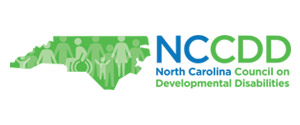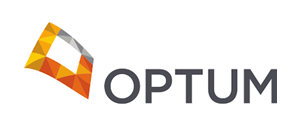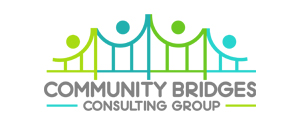for People with I/DD
The North Carolina Council on Developmental Disabilities (NCCDD) is recruiting approximately 15 individuals to participate in a Peer Mentor training for people with intellectual and other developmental disabilities (I/DD). We are seeking individuals with lived experience with an I/DD with demonstrated knowledge of and direct personal experience navigating the North Carolina Medicaid delivery system.
Participants will learn key concepts to support peers with I/DD in a managed care system. All classes incorporate learning activities to be done as a group and individually, as well as knowledge checks. Participants will complete a pre-training and post-training evaluation to provide feedback which will be incorporated to improve the overall curriculum.
Topics include:
- The role of the peer mentor
- Supporting choices
- Ethics and etiquette
- Abuse, bullying & neglect
- Self-determination and self-advocacy
- Mental health and substance abuse
- The Americans with Disabilities Act
- Detecting scams and fraud
No future cohorts are currently scheduled.
If you have any questions, please contact Project Director, Kelly Friedlander, at Kelly@cb-cg.com
 Back to Top
Back to Top
Frequently Asked Questions:
Participants must:
- Be a person with an intellectual/developmental disability
- Have direct personal experience navigating the North Carolina Medicaid delivery system (i.e., be a recipient of services)
- Be 18 years or older
- Live in North Carolina
- Have a high school diploma or equivalency from an approved, accredited institution
- Be able to attend all training sessions
Participants must demonstrate the following, with or without support:
- Familiarity with community intellectual and developmental disabilities community resources
- Effective communication skills
- Basic reading/writing skills or has support to review materials and keep notes
- Time management skills
- Familiarity and ability to use technology, including Zoom, Microsoft Word, and email
If you acquired your Traumatic Brain Injury before you were 22 years old, you may apply.
The training sessions will be held weekly on Tuesdays from 11-1 pm on the following dates:
- April 5
- April 12
- April 19
- April 26
- May 3
- May 10
- May 17
- May 24
- May 31
- June 7
- June 14
- June 21
No. Prospective participants will be contacted for an interview after submitting an application.
This is not a job; it is a time-limited, independent contractor opportunity. Those selected will receive a contract to review and sign that outlines group participation requirements and how the $300 stipend will be paid.
If selected to participate, you will need to:
- Attend and participate in all training session
- Complete and turn in weekly homework assignments
- Complete pre and post-tests for each lesson
- Complete pre and post-training evaluations
No.The North Carolina Certified Peer Support Specialist program is a separate program to certify people living in recovery with mental illness and/or substance use disorder and provide support to others who can benefit from their lived experiences.
Yes. The curriculum was adaptedfrom the InReach peer advocates leadership training curriculum authored by Patricia K. Keul in collaboration with peer mentors with intellectual/developmental disabilities. The input and ideas from self-advocates remain at its core.
 Back to Top
Back to Top
This opportunity is supported through funding from the North Carolina Council on Developmental Disabilities and Optum and support and leadership from the National Association of Councils on Developmental Disabilities and Community Bridges Consulting Group.



